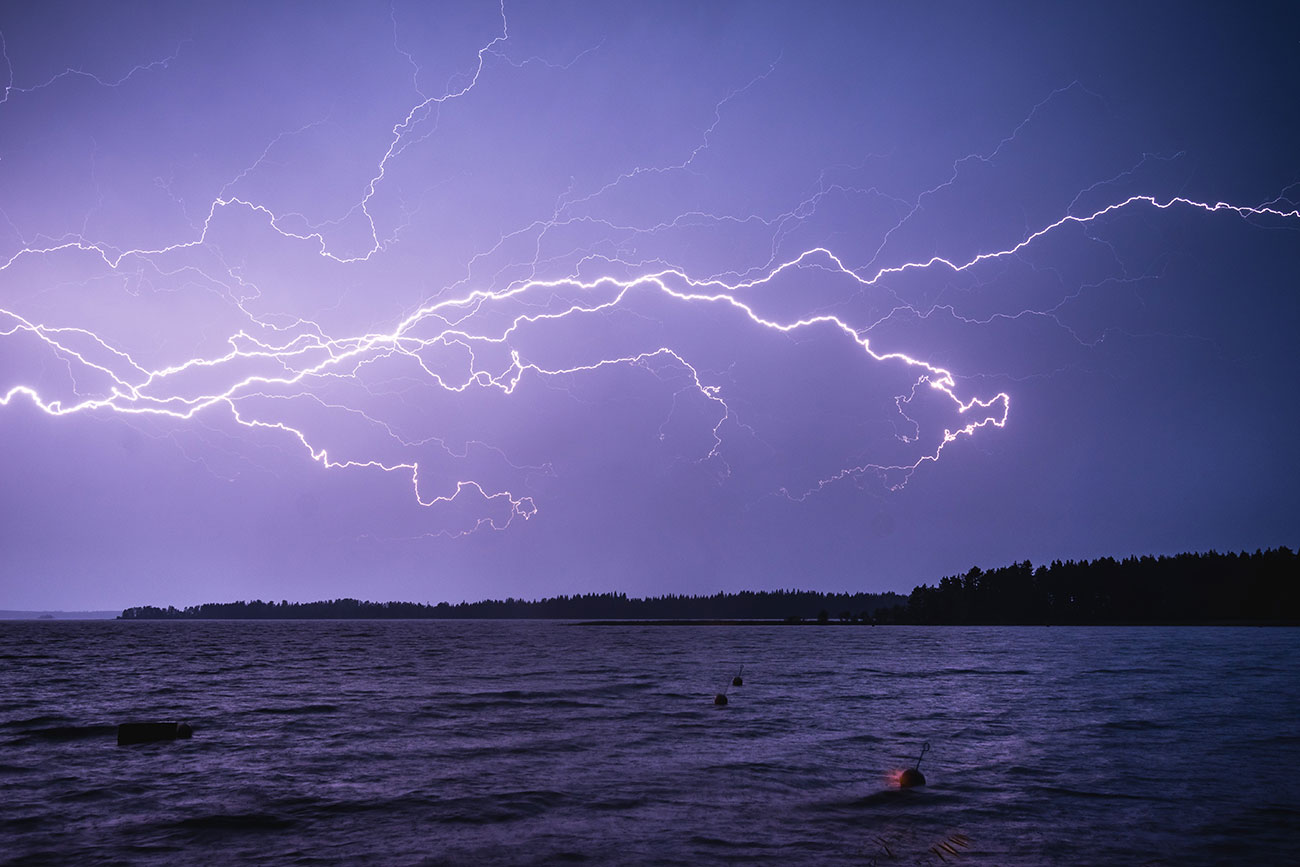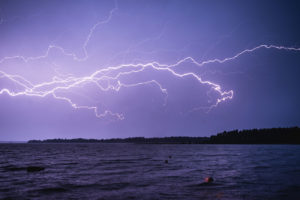Most Recent News


Popular News




If a catastrophic event occurred, would we all come together? Prepare for a worst-case scenario while hoping for the best.
 I recently stumbled across this essay:
I recently stumbled across this essay:
In general, there is an agreement that people are pro-social” (in other words, they will try to form alliances with each other and help out, just as the commenter argues). “But of course, that has limits based on the perception of government care and assistance, the actions of law enforcement, wealth of the community, stability of communities and families, and age.
People are not the same everywhere and across time. I know this argument doesn’t make excellent fodder for horror films. But there are fictions that approach the imagination of disaster carefully, without assuming that “humanity” is a constant across situations, and that scarcity will always end in war.
In Kim Stanley Robinson’s new climate change book New York: 2140, most of the city is submerged by rising sea levels, but new organizational structures also spring up to allocate the resources that remain. This is not an idealized future—people go hungry, and predatory capitalists profit—but it’s not dystopian either. Characters form alliances and friendships, fight for one another, and share what they have.
But in the event of an actual crisis, would we really?
Sure, some climate change book suggests it. But that doesn’t necessarily calm any inquisitive minds.
One of the pinnacle issues they proclaim contributes to pro-social cooperation is “the actions of law enforcement“. Well, during Hurricane Katrina LEOs looted stores in New Orleans.
Another staple is the “wealth/stability of the community“. And well, general income has been declining for some time, along with income redistribution to the top earners, segmenting wealth of communities. Not to forget the effect of “clustering communities“—low income earner communities situated right next to wealthy communities. This produces the looting effects we see in Houston right now during Hurricane Harvey. The poor communities just cross over to the wealthier ones.
Just recently, the Cajun Navy went to Texas to help out with the Hurricane effort. They were greeted with gun shots from looters.
And even another example: When EBT cards stopped working for a day, riots broke out in Louisiana and Georgia.
And these are relatively smaller events if we consider real collapses. Can we imagine the response if a nuclear war were to break out, or a widespread catastrophic disease?
An EBT card was shut off and dozens of people died and thousands rioted. “Perception of government care and assistance” sure didn’t help out there. Even though that same government care gives them the money to feed their families, and was only off for a day because of a tech difficulty.
I don’t think the world is going to end anytime soon. But the idea that if a collapse happens, we’re all going to come together and sing Kumbaya is asinine.
Have a plan. Be prepared. Know what you’re going to do to defend yourself and your loved ones.
And don’t listen to people that think everyone is going to get along just dandy.
(Learn More About The Dominion Newsletter Here)